Welcome to the official website of the National Bank of Moldova!
×
Do you have good eyesight and want to turn this tool off?
Do you have good eyesight and want to turn this tool off?
Schedule of reception of citizens by the Executive Board of the National Bank of Moldova.
The registration of applicants for an audience is carried out based on a written request on the subject addressed.
Anca Dragu, Governor
1st Wednesday of the month: 14.00-16.00;
Telephone: +373 22 822 606.
Vladimir Munteanu, First Deputy Governor
2nd Wednesday of the month: 14.00-16.00;
Telephone: +373 22 822 606.
Tatiana Ivanicichina, Deputy Governor
3rd Wednesday of the month: 14.00-16.00;
Telephone: +373 22 822 607.
Constantin Șchendra, Deputy Governor
4th Wednesday of the month: 14.00-16.00;
Telephone: +373 22 822 607.
Welcome to the official website of the National Bank of Moldova!
If you want to send a message (question or suggestion) on-line, go to section "Feedback" from the main menu at the top of the website.
You can choose one of the most popular reports from the list:
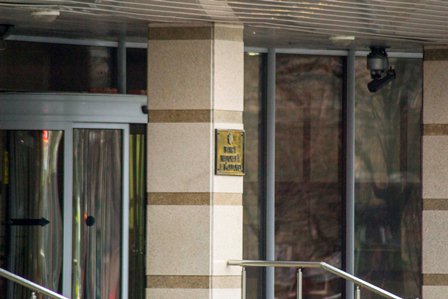
National Bank and the members of its decision-making bodies shall be independent in exercising the tasks conferred upon them by law, and shall neither seek nor take instructions from public authorities or from any other authority.
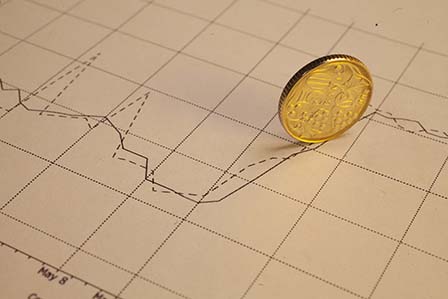
In order to ensure and maintain price stability over the medium term, the National Bank’s aim will be to keep inflation (measured by Consumer Price Index) at the level of 5.0 percent annually with a possible deviation of ± 1.5 percentage points, considered to be optimal for growth and development of Moldova's economy over the medium-term.

National Bank shall have the exclusive right to issue on the territory of the Republic of Moldova banknotes and coins as legal tender, as well as commemorative and jubilee banknotes and coins as legal tender and for numismatic purposes.

National Bank is exclusively responsible for the licencing, supervision and regulation of financial institutions activity.
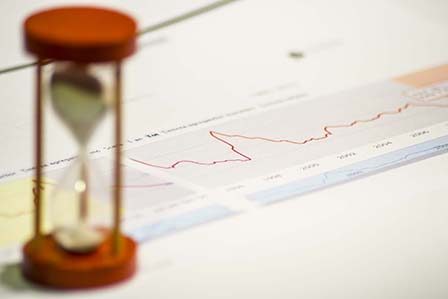
National Bank of Moldova acts as banker and fiscal agent of the State and shall receive from state bodies economic and financial information and documents, which are necessary for carrying out its tasks.
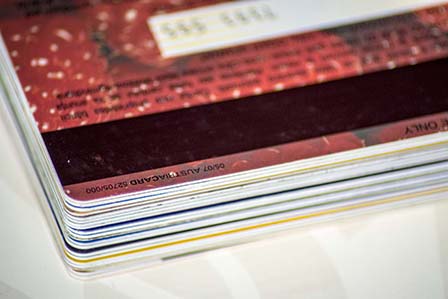
National Bank of Moldova supervises the payment system of the Republic of Moldova and promotes a stable and efficient functioning of the automated inter-bank payment system
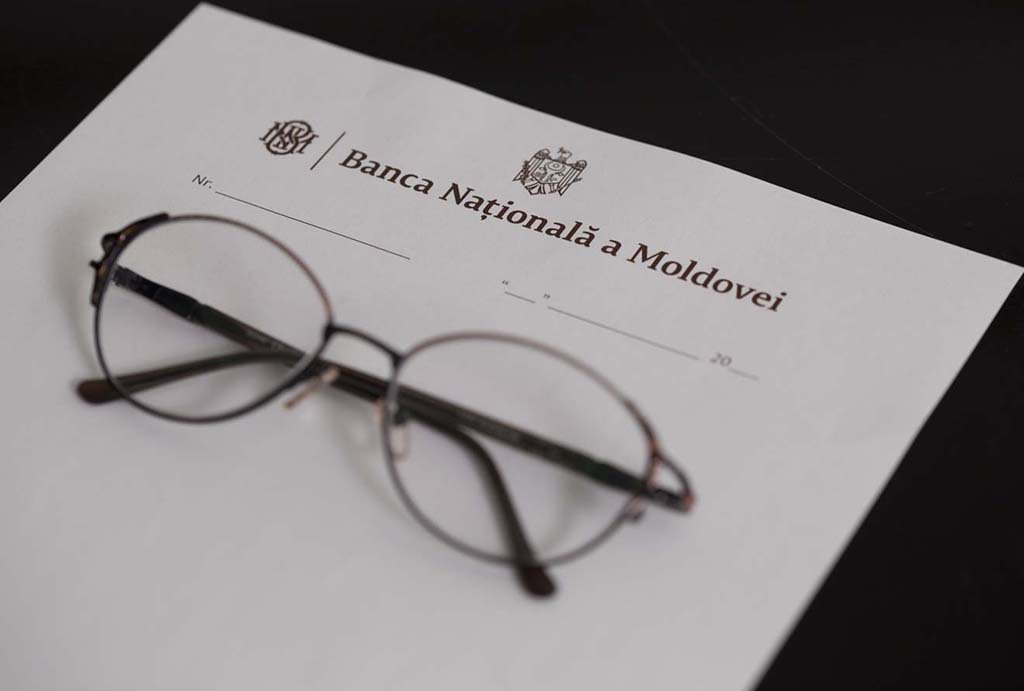
National Bank of Moldova is an autonomous public legal entity and is responsible to the Parliament.

National Bank shall inform the public on the monetary policy strategy on the results of the macroeconomic analysis, the evolution of the financial market and on statistics, including with regard to monetary supply, crediting, balance of payments and the state of the foreign exchange market.

National Bank of Moldova is responsable for the compilation of the balance of payments, international investment position and the statistics of the external debt of the Republic of Moldova.
The website www.bnm.md prioritizes data security and uses cookies to enhance the browsing experience and user comfort. Accepting the use of cookies increases the page's working speed and ensures the normal functioning of the information presentation modules. Refusing the use of cookies can slow down the site's loading and hinder smooth navigation between pages. More details in the Cookie Usage Policy.
The National Payment System is a complete set of instruments, intermediaries and rules, which facilitate the flow of money in a country, consisting of a set of rules and payment instruments, institutions and technical mechanisms for the transfer of funds, which is an integral part of monetary system in an economy.
The basic elements of the National Payment System of the Republic of Moldova are as follows: automated interbank payment system, securities settlement systems, payment instruments and E-banking systems.
The automated interbank payment system (AIPS) represents the system through which the interbank payments in Moldovan Lei are performed on the territory of the Republic of Moldova.
The securities settlement system consists of Book Entry System of Securities (BES), within which the state securities and the NBM Certificates are settled and the National Securities Depository (NSD), within which the corporate securities are settled. The Book Entry System is a 2-tier system. The tier I of BES is organized at the NBM and conducts registrations in breakdown by participants. The NBM vests to participants the responsibility to individually keep record of securities held by their customers. The tier II of BES is organized at the participants authorized by the NBM and provides for the record of state securities operations made by their customers on the primary and secondary market.
One of the main elements of the payment system is the cashless payment instruments. The following payment instruments are used in the Republic of Moldova: payment cards, credit transfer and direct debiting.
Payment card means a standardized and, where applicable, personalized support by means of which the cardholder has remote access to the payment account to which the payment card is attached in order to make payment operations, usually using a personal identification number and / or other codes that allow cardholder identification, depending on the type of payment card.
Credit transfer represents a series of operations that begin with the payer’s initiation of a payment order and its transmission to the payment service provider for the purpose of providing to a beneficiary a certain amount of money. Credit transfer may be initiated on behalf of both the client of the payment service provider and directly by the payment service provider in its own name and on its own account.
Direct debiting represents a payment instrument for debiting a payer's payment account, where a payment transaction is initiated by the payee on the basis of the payer's consent given to the payee, to the payee's payment service provider or to the payer's own payment service provider.
E-banking systems are information solutions, which facilitate the remote access to a payment account, obtaining information on the balance of the payment account and related operations, as well as the electronic use of cashless payment instruments to carry out payment operations.
1 Grigore Vieru Avenue,
MD-2005, Chisinau, Republic of Moldova.
© 2023 National Bank of Moldova
Terms of use


